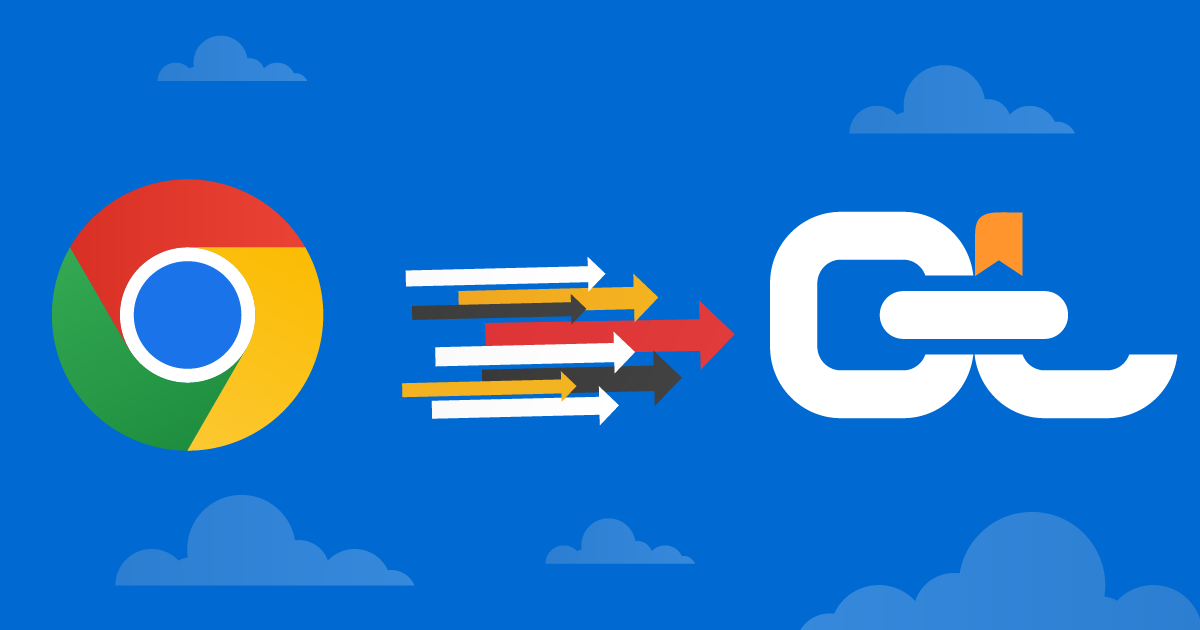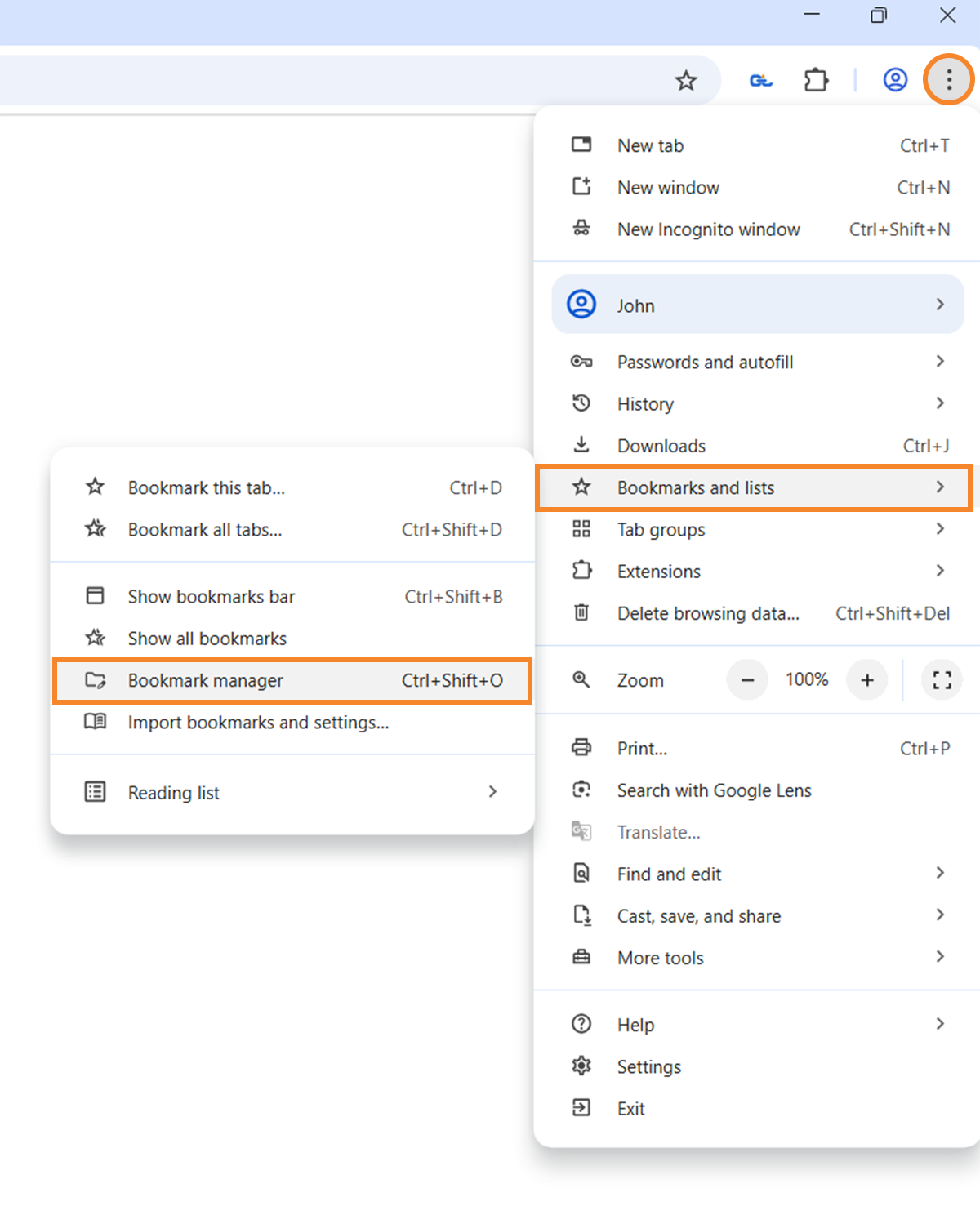
Exporting bookmarks from Chrome is quick and easy, whether you’re switching browsers, backing up your data, or setting up a new device. In just a few clicks, you can save your Chrome bookmarks as an HTML file that works across all major browsers and platforms. This guide walks you through the steps and shows how CarryLinks can turn that file into a powerful, organized system for managing bookmarks across every device.
Table of Contents
- Start Smart by Saving Your Chrome Bookmarks
- Step-by-Step: Export Bookmarks from Google Chrome
- Need a Visual Guide?
- What Can You Do with the Bookmarks HTML File?
- Organize and Import with CarryLinks
- Key features of CarryLinks
- Need to Export Bookmarks from Another Browser?
- Export. Import. Organize with CarryLinks
Start Smart by Saving Your Chrome Bookmarks
If you are reading this, you are probably switching browsers, setting up a new device, backing up your data, or looking for a better way to organize your bookmarks. No matter the reason, you have come to the right place, and we will guide you to export your bookmarks from Chrome and more.
The good news: Chrome lets you save all your bookmarks as an HTML file. Chrome lets you export your bookmarks as an HTML file, which is widely supported across other browsers and platforms, including CarryLinks.
Step-by-Step: Export Bookmarks from Google Chrome
- Open Google Chrome
- Click the three-dot menu in the top corner of your screen
- Go to Bookmarks and lists > Bookmark Manager

- In the Bookmark Manager, click the three-dot menu again (top of the screen)
- Select Export bookmarks and save the HTML file to your device
Need a Visual Guide?
We have created quick video guides to walk you through every step.
You can find them:
- Inside the Import Bookmarks window on the CarryLinks website
- Or watch the Chrome export guide below
What Can You Do with the Bookmarks HTML File?
Once you export your bookmarks as an HTML file, you can use it in several ways:
- Transfer to another browser: Import into Firefox, Safari, Edge, etc.
- Create a backup: Keep the file safe in case you need to restore bookmarks later.
- Upload into a bookmark manager: Import into CarryLinks to organize, sync, and access your bookmarks across all browsers and devices.
Organize and Import with CarryLinks
CarryLinks is more than a place to store bookmarks—it is a full-featured bookmark manager built for people who want control, speed, and cross-device access.
Instead of letting your links pile up, CarryLinks helps you organize, clean, and use them on any browser, any device or operating system.
CarryLinks supports many file formats. You can import bookmarks from HTML, CSV, JSON, ENEX (Evernote), XML (Sitemaps), and TXT. We made it easy for anyone to transfer their bookmarks from any browser or to move from other services like Pocket, Raindrop, Bookmark Ninja, and Diigo.
If you prefer to skip exporting from the browser, use the CarryLinks browser extension to import bookmarks instantly from your current browser; no exporting needed.
CarryLinks gives you all the tools you need to take full control of your saved content.
Key features of CarryLinks
- Folder and subfolder organization
- Import from browser history
- Extract links from any webpage or text
- Offline access to saved articles
- Link status checker
- QR code creation and scanning
- Built-in URL shortener and tracker
- AI-powered summaries for any webpage
- Powerful search and sort options
- Public pages to share organized folders
- Multilingual interface
- Progressive Web App (PWA) for mobile use
- Works on all browsers, devices, and operating systems
No more losing links. No more browser lock-in. Just a better way to save, access, and manage everything that matters.
Need to Export Bookmarks from Another Browser?
We have also published guides for other browsers such as Firefox, Edge, Safari, and more. Check them out if you are using multiple browsers or switching platforms.
Export. Import. Organize with CarryLinks
You have got your HTML file. Now take the next step.
Create your free CarryLinks account and start organizing your bookmarks the right way—across all browsers, devices, and operating systems.

